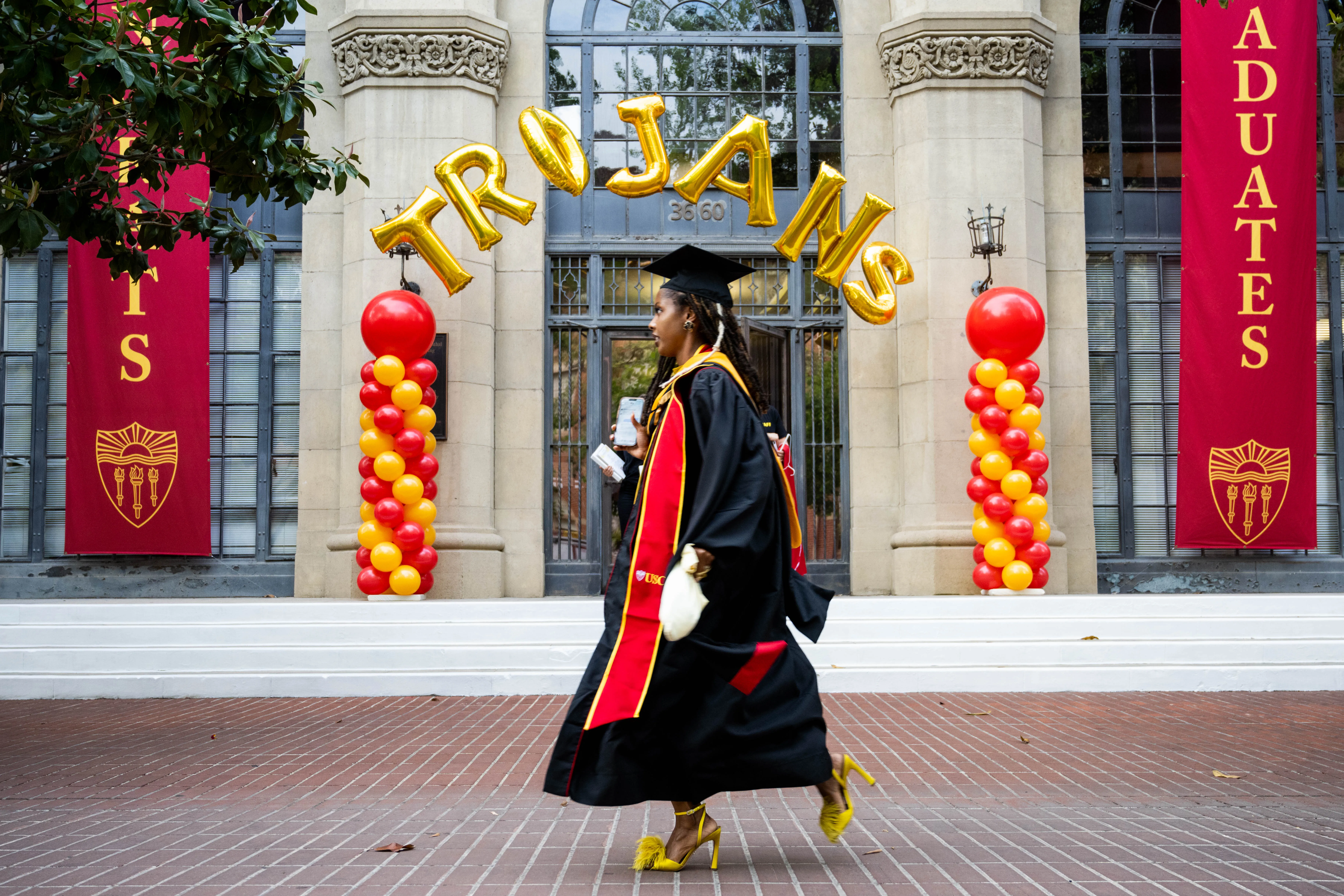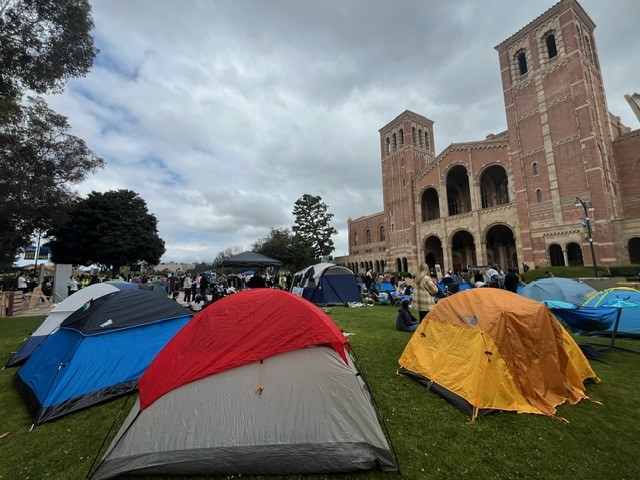Metro on Monday unveiled a groundbreaking energy efficiency and renewable power project with the installation of the nation's largest solar panel system at a transit facility. It is also the largest solar panel installation within the City of Los Angeles.
The 6,720 individual solar panels at Metro's Support Services Center in downtown Los Angeles -- Metro's central maintenance facility for buses -- will generate 1.2 megawatt, or 1,200 kilowatts of renewable, emission-free power. Along with other energy-efficient improvements, the project is expected to cut the facility's annual $1.1 million energy bill in half to approximately $550,000. Metro will reduce its purchase of utility power, which is anticipated to reduce carbon emissions by more than 3,700 metric tons, equivalent to planting more than 550 acres of trees and taking more than 600 cars off the road.
"Los Angeles is now one step closer to becoming the solar capital of the United States," said Los Angeles Mayor and Metro Board Chair Antonio Villaraigosa. "Today's unveiling of the City's largest solar-powered facility will not only generate clean, renewable energy, but will provide the kinds of green jobs that this economy so desperately needs."
The project is a public/private partnership between Metro and Chevron Energy Solutions. The $16.5 million project will receive about $6.3 million in incentives from the Los Angeles Department of Water and Power (LADWP), Southern California Gas Co., (SoCalGas), and the South Coast Air Quality Management District. The project was financed by Bank of America.
"We are pleased to have the opportunity to work with Metro to help it achieve its sustainability goals," said John Mahoney, Chief Operating Officer of Chevron Energy Solutions. "Metro is demonstrating how a transit authority can reduce its energy consumption and use clean, renewable power."
California-based Chevron Energy Solutions, which designed and installed the solar photovoltaic system, will provide long-term oversight of the facility's solar panel array and related new equipment and, in addition, will guarantee the energy savings and the level of energy generated by the solar panel array for the next 10 years.
Other energy conservation measures at the facility include the installation of new Heating, Ventilation and Air Conditioning (HVAC) systems, compressed air systems, and the replacement of about 4,000 lighting fixtures, all controlled by a state-of-the-art energy management system.
Local
Get Los Angeles's latest local news on crime, entertainment, weather, schools, COVID, cost of living and more. Here's your go-to source for today's LA news.
"This is the kind of environmental responsibility we need to see more of in Los Angeles," said L.A. City Councilmember and Metro Director Jose Huizar. "This cleaner running facility tells us that we can and should build greener industries in our city, particularly in areas prone to higher pollutant levels. Today, Metro and its partners are setting a green standard that others need to emulate."
For completing this project, Metro expects to receive incentives of $4.9 million from LADWP, up to $633,000 from Southern California Gas Co. and $807,000 from the South Coast Air Quality Management District. To date, Metro has received $2.6 million in incentives from SoCalGas for its previous installations of solar systems providing 851 kilowatts of electricity.
LADWP provided $4.1 million through its Solar Incentive Program as well as nearly $800,000 in incentives for energy efficiency technologies such as high efficiency air conditioning unit upgrades, installation of a cool roof, lighting efficiency measures, compressed air system upgrades, energy management systems, and others.
"We applaud Metro for helping to lead a clean and green tech revolution in Los Angeles. Metro's solar system and energy efficiency upgrades will lower the city's carbon footprint and increase the amount of clean, renewable energy produced here," said David Nahai, LADWP Chief Executive Officer and General Manager.
"We commend Metro for its leadership in the use of renewable energy and energy-efficient equipment that will help the state meet its greenhouse gas emissions-reduction goals, move us toward energy independence and reduce energy costs," said Hal D. Snyder, Vice President of Customer Solutions at SoCalGas.
The Metro Support Services Center is used for the rebuilding of bus engines, transmissions, and general bus repair. Spanning 27 acres, the 400,000-square-foot facility consists of five separate buildings where highly trained and certified technicians and mechanics keep Metro's bus fleet in all of the agency's 11 operating divisions in top condition.
"Metro's Support Services Center uses a huge amount of electricity every year," said Arthur T. Leahy, Metro CEO. "The facility's use of solar energy sets a real benchmark for Metro to reach its goals of using new technologies to reduce carbon emissions and operating costs."
In 2006, Metro completed a massive solar energy project encompassing 1,648 solar panels at its Metro Bus Divisions 8 and 15 in the San Fernando Valley, and two years later 1,632 solar panels were installed at its Carson bus division.
More recently, Metro's new "ecologically green" San Gabriel Valley Sector office was built to the specifications of a GOLD rating by the leadership in Energy and Enviromental Design (LEED). The San Gabriel building consumes 33 percent less electricity than a conventional building and surpasses the State of California's already strict standards for building energy use by 25 percent and water consumption standards by 50 percent.
Chevron Energy Solutions designs, constructs and operates facility projects, including infrastructure and renewable power systems, that increase energy efficiency, reduce energy costs, and ensure reliable power for public institutions and businesses. Since 2000, Chevron Energy Solutions has developed hundreds of projects involving energy efficiency or renewable power for education, government and business customers in the United States.



